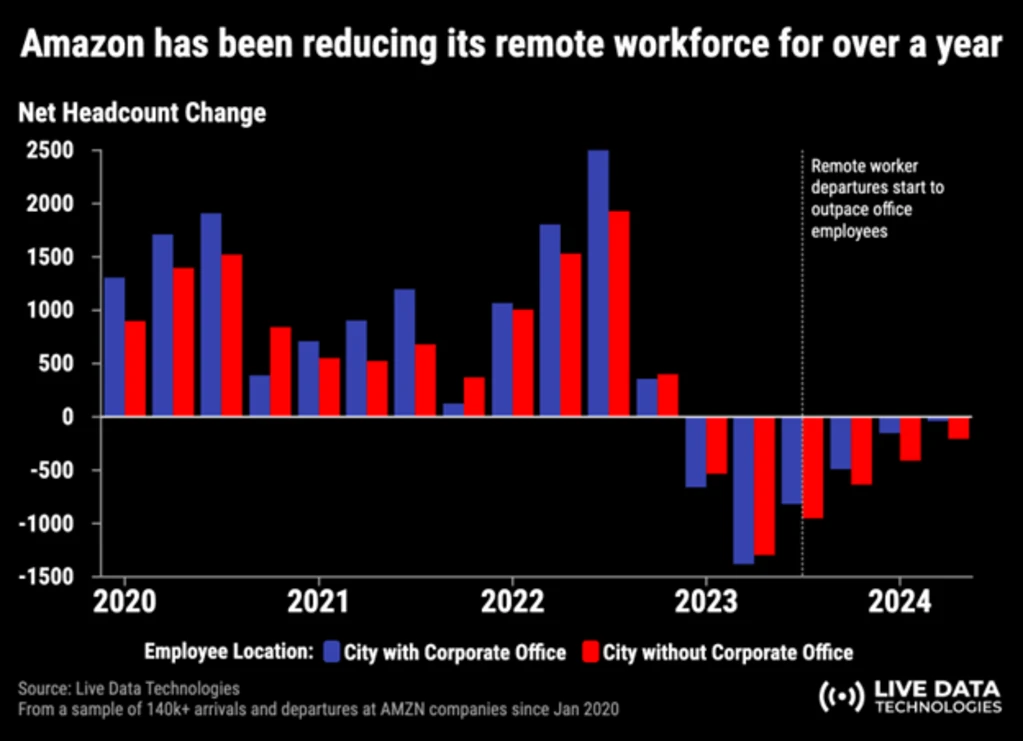It's really all about vacuums.
People forget, traditional STEM was actually pretty bad before the tech industry. A lot of traditional engineers graduated college and couldn't get jobs. Only like 1/4 of people with STEM degrees worked in STEM 10 years ago.
Then the tech industry hit, offered high salaries and WLB and those people finally had a place to go to. Many traditional STEM workers were leaving their fields to go into tech and many people changed their college major.
Tech created a vacuum where there are openings in other fields because of the brain drain effect it had. The next big thing will do the same but that's a reminder to be on the lookout for what's being left when that happens. A lot of Civil Engineering graduates are sitting real good right now because there's a lack of them as they mostly went into CS.
No matter what, the most constant, reliable thing will always be the health industry. A lot of very smart people can't work that field because while it requires brains it also requires a human touch and the stomach for blood and illness. That's one of the only true high floor/high ceiling fields where some of the best and brightest work.
You can see this with the top firms in tech vs. other fields.
Well paying roles in my field (Aerospace) will get maybe 100 applicants? or double that?
These are GREAT paying jobs! ($100k+) whereas the equivalent role in tech will get 3x to 10x the applicants
(obviously the compensation is better too but the field in general has a much stronger brand than others!).
This leaves a great amount of opportunity for people who are late starters or who don't super competitive resumes.
Having the education + the drive + any additional qualifications can put someone in that $100k+ range inside of 5 years without
entering Tech.
Obviously I'd still like to make the jump to Tech for the considerably higher comp but I'm also very open to just staying where I'm at
and moving into higher grade roles by jumping companies or through opportunities internally.
/cdn.vox-cdn.com/uploads/chorus_asset/file/25263314/STK169_Zuckerberg_A_CVirginia.jpg)





